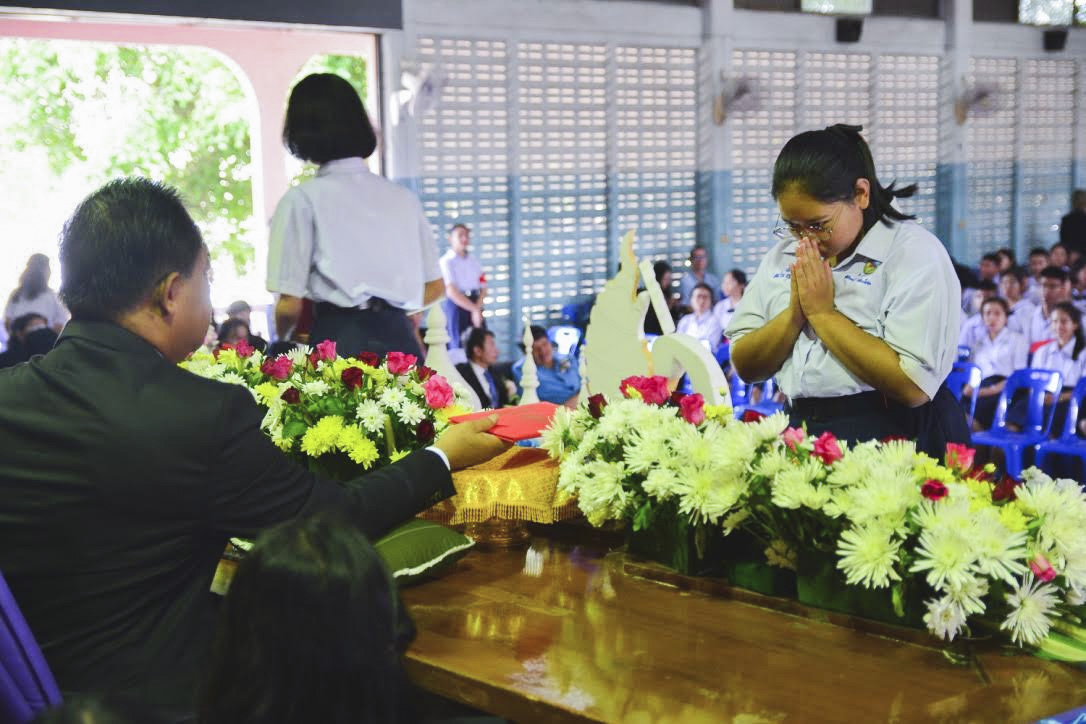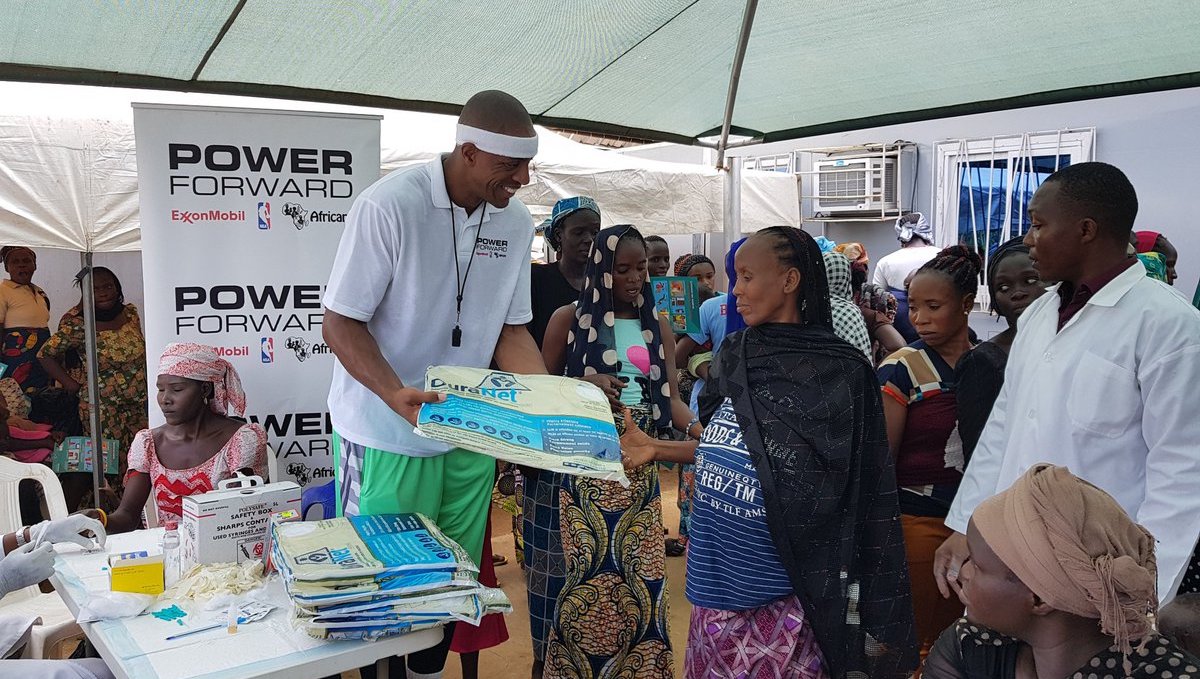Meet Dr Hai Duong, an intensive care specialist and the first-ever Vietnamese recipient of ExxonMobil’s Global Health Scholarship, an opportunity that has allowed her to attend Oxford University in the UK to research tropical diseases and improve Vietnam’s health care.

Dr Duong is among the next generation of global health leaders committed to improving health outcomes in the developing world. She now joins ExxonMobil Global Health Scholarship recipients from nations including Nigeria, India and Papua New Guinea who have entered the program since its inception in 2011.
In an interview with Energy Factor, Dr Duong explains why she’s committed to eradicating tropical diseases from her post at the intensive care unit at the Hospital for Tropical Diseases in Ho Chi Minh City.
ENERGY FACTOR: What are some of the challenges you have faced with your work?
Dr Hai Duong: We face severe diseases in the intensive care unit environment daily. Each patient has unique issues and we have to deal with these different challenges.
An ongoing challenge is antimicrobial resistance from drug-resistant bacteria. We’ve tried to manage the use of antibiotics and prevent additional infections in hospitals. While the infection rate has decreased significantly in recent years, it is still high.
Most of the patients who get tropical diseases have poor living conditions. Sometimes they are unable to pay the health costs and had to give up treatment. This problem needs more awareness and support.
EF: What have you learnt at Oxford University that you want to implement at Vietnamese hospitals to improve the country’s health care?
HD: As the front-line hospital for infectious diseases in southern Vietnam, we can improve the quality of treatment in lower-level hospitals by raising health care workers’ awareness of the outbreak of infectious diseases and how to deliver appropriate treatments.
Health care in Vietnam is improving. My aspiration is that it will be further improved, and then we could guarantee patients would receive the best health care at reasonable costs. If we can increase health insurance coverage, it will be great for our patients.
In narrow areas like in my hospital or department, I now feel more confident in voicing my ideas and conducting research.
EF: How would you describe your experience at Oxford University?
HD: This course is definitely amazing. I’ve learnt not only from my teachers but also my classmates. By taking part in this course I’ve had an opportunity to learn and approach the field in ways I haven’t known before.
I didn’t understand much about the implications of research before, but now I feel more confident in recognising problems of infectious diseases at both a national and global scale and thinking about their spread and treatment more logically.
EF: What area would you like to explore for the field research aspect of this programme and why?
HD: In my programme, I learnt mathematics modelling for tropical diseases. It’s not easy, but it’s interesting as it may predict the future of specific diseases or interventions.




